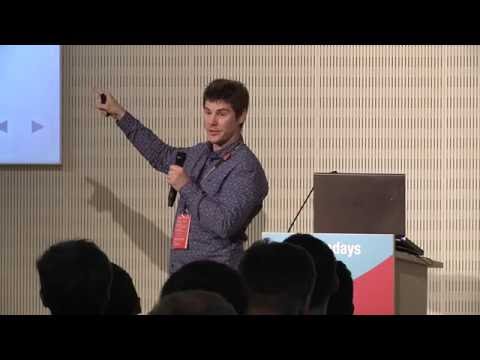Description:
Explore the reactor model for composable distributed computing in this Scala Days Berlin 2016 conference talk. Delve into the advantages of the actor model for building reliable distributed systems, including serialized message processing and location transparency. Discover the limitations of the actor model in protocol composition and reusability. Learn about the Reactors.IO framework based on the reactor programming model, which addresses these challenges. Compare reactor and actor models through concrete Scala programs, identifying composition obstacles in the classic actor model and how to overcome them. Gain insights into building reusable, composable distributed computing components using the new model. Examine topics such as first-class typed channels, event streams, concurrency expression, client and cache protocols, best-effort broadcast, and commutative replication.

Reactors - Road to Composable Distributed Computing
Add to list
#Conference Talks
#Scala Days
#Programming
#Programming Languages
#Scala
#Computer Science
#Concurrency
#Distributed Computing
#Concurrent Programming
#Actor Model